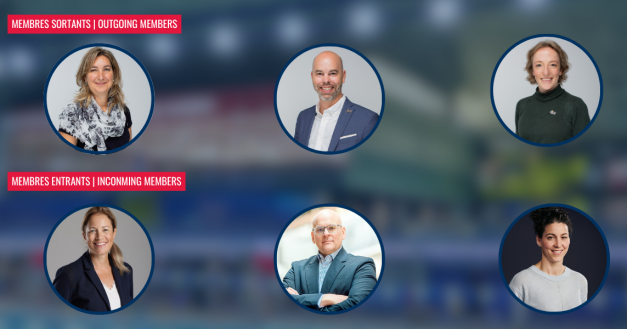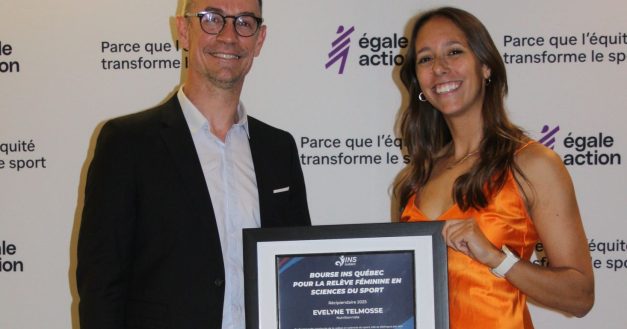100 days to go until the Paris Olympic Games
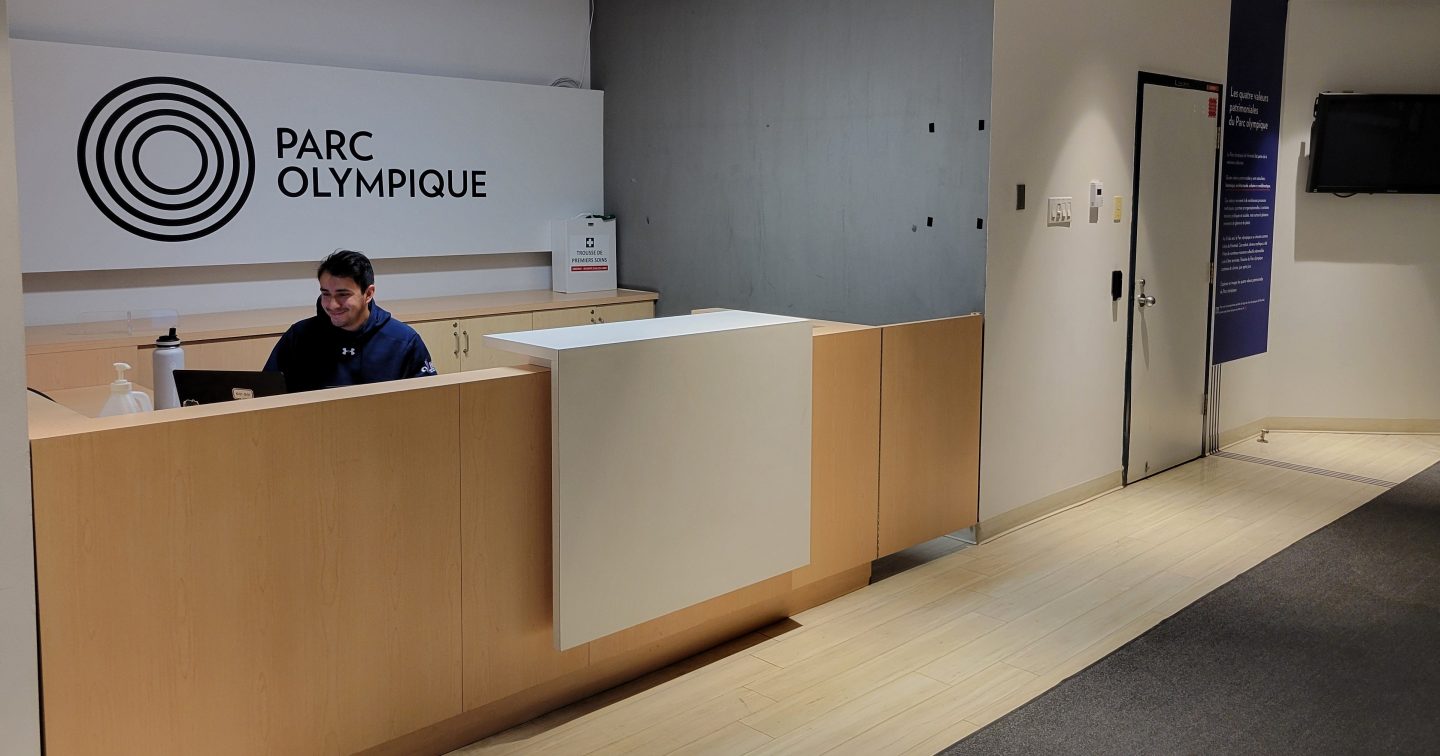
100 DAYS TO GO UNTIL THE PARIS OLYMPIC GAMES
INS QUÉBEC MORE THAN EVER AT THE SERVICE OF ATHLETES
Under normal circumstances, the Institut national du sport du Québec would be pursuing its regular activities to support athletes in their preparation for the Olympic Games. However, the fire at the Olympic Park on March 21 changed all that. True to form, the Institut national du sport du Québec (INS Québec) reacted swiftly, reorganizing its services to minimize the impact of the situation on athletes. A number of questions arise: does the Institute continue to support athletes? What about the scientific solutions that often make the difference between medal winners and other competitors? What about medical appointments?
Today, March 16, marks the official 100-day countdown to the start of the Paris Olympic Games, so let’s take this opportunity to take a look at the INS Québec situation and answer all those questions!
The medical clinic
The INS Québec medical clinic continues to provide outstanding services, despite the challenges posed by the closure of the Complex. The clinic’s rapid relocation to the Olympic Park meant that activities could resume on the Monday following the incident.
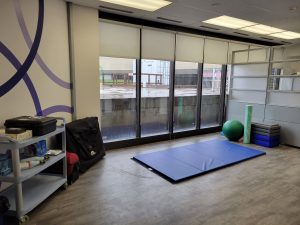
“Doctors and therapists kept most of their appointments. We were able to get our hands on equipment, including treatment tables, ultrasound machines and muscle simulators, and have ordered new ones to maintain the high standard of care we provide. We’re adapting to the environment so that we can continue to offer our full range of services, including physiotherapy and sports therapy rehabilitation, massage therapy, medical services, sports psychology and sports nutrition,” explains Jennifer Cottin, Manager of Sports Medicine Services.
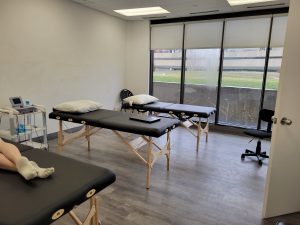
In the near future, the medical clinic will be able to offer an almost complete range of services thanks to a partnership with the Université de Montréal School of Optometry within the Concussion Clinic. This collaboration will enable INS Québec to use their new university facilities for various services, such as post-concussion assessments, pre-season assessments and neuro-optometry examinations specific to concussions.
Physical preparation
On the physical preparation side, experts travel to the various sites where training groups have been relocated. Physical preparation is therefore carried out wherever there is a technical sports platform.
Alain Delorme, Lead of Strength and Conditioning, is adamant that the athlete’s physical development objectives remain unchanged.
“My gang is committed. Yes, it requires a lot more adaptation and creativity, because we’re no longer in our comfort zone that used to be the Institut’s gymnasium. But we want to make sure that the quality of our services is not jeopardized by the situation,” he asserts.
So he talks more in terms of continuity of support.
“Now that we’ve succeeded in recreating a climate of excellence for most of the training groups, we’re making sure that each athlete is well supported so that he or she can continue to progress. I haven’t sensed any decline in anyone’s desire to surpass themselves,” emphasizes Alain Delorme.
Scientific services
The INS Québec Complex is equipped with a wide range of analysis equipment, enabling scientists to offer a multitude of services for injury prevention, training follow-up and performance enhancement. Since its closure, the scientists have also had to adapt and travel to the different group training sites.
“We’re still aiming for the same level of excellence. We have been able to recreate evaluation platforms at the new training sites, for example, by equipping ourselves with strength platforms, which we use to evaluate certain components of fatigue. Our vision has always been to be as mobile as possible with our equipment, to be more agile when accompanying athletes on the road. This approach facilitated our reorganization,” explains François Bieuzen, Director of Sport Science.
In addition, the INS Québec team will shortly be setting up a performance laboratory next to the temporary medical clinic.
“This space will be used for physiological tests. There will also be a room for sports vision and a room for mental preparation. The space can also be used for the reathletization of athletes who are at the beginning of the process and need to be close to the medical clinic. Our team of trainees will also be able to come here to continue the many research projects that are still ongoing,” he adds.
One point raised by all three speakers was the invaluable collaboration of the entire community. Sports and high-performance partners, including the Canadian Olympic Committee, the Canadian Olympic and Paralympic Sport Institute Network (COPSIN) and Excellence sportive de Montréal, have done a remarkable job in helping INS Québec find solutions, whether by lending equipment or facilitating access to certain venues, among other things. Another highlight is the close collaboration with the Olympic Park. This support enables the Institute to continue providing quality coaching to athletes preparing for the Paris Olympic and Paralympic Games.
